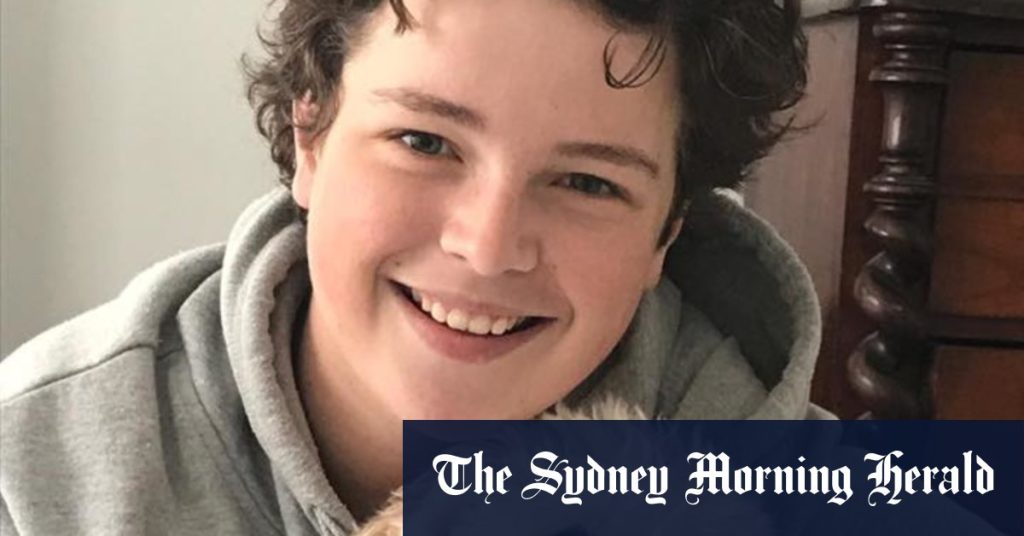Lachlan, who was diagnosed with diabetes at nine years old, fell ill while on a trip to central Vietnam with World Challenge. Despite receiving medical clearance to go on the trip, he became unwell and vomited twice on a bus to Hue. His blood glucose levels, heart rate, and temperature were monitored, and he was given medication to help with his symptoms. The trip leader had a conversation with Lachlan about checking his blood glucose levels during the night and adjusting them if needed.
When Lachlan’s blood glucose levels were found to be high during the night, the trip leader was alerted. After checking again, it was discovered that his levels were still not normal. Lachlan was taken to the hospital where his condition was attempted to be explained to medical staff using Google Translate. He was moved to intensive care, but unfortunately, had a cardiac arrest. Lachlan was then flown to the Royal Children’s Hospital where he was declared brain-dead and taken off life support.
An inquest in December determined that Lachlan’s death was preventable and a tragedy for those who knew and loved him. The coroner found that he died from brain damage caused by complications from his diabetes. It was determined that the circumstances contributing to his death were easily avoidable and rectifiable. A WorkSafe matter regarding the incident is scheduled for a filing hearing at Melbourne Magistrates’ Court on April 30. Both World Challenge Expeditions and Lachlan’s family have been contacted regarding the matter.
This tragic incident highlights the importance of proper medical care and monitoring for individuals with pre-existing medical conditions, especially when traveling abroad. It also sheds light on the need for better communication and understanding of medical conditions in different countries, as evidenced by the use of Google Translate during the attempts to explain Lachlan’s condition to medical staff. The findings of the inquest emphasize the need for preventative measures to avoid similar tragedies in the future.
The death of Lachlan serves as a reminder of the potential risks involved in travel for individuals with medical conditions, and the importance of having appropriate medical support and resources available. It also underscores the significance of thorough pre-trip assessments and planning to ensure the safety and well-being of all participants, especially those with underlying health issues. The tragic outcome of this incident highlights the need for increased awareness and education surrounding medical conditions and emergencies, particularly in unfamiliar environments.
World Challenge Expeditions and Lachlan’s family have been affected by this devastating event, and it is crucial that lessons are learned and changes are made to prevent similar occurrences in the future. The upcoming WorkSafe matter will help determine accountability and responsibility in relation to the incident, and may lead to improvements in safety protocols and procedures for organizations facilitating travel for individuals with medical conditions. Ultimately, the hope is that this tragic event will lead to positive changes that prioritize the health and safety of all individuals, especially those with special medical needs.















